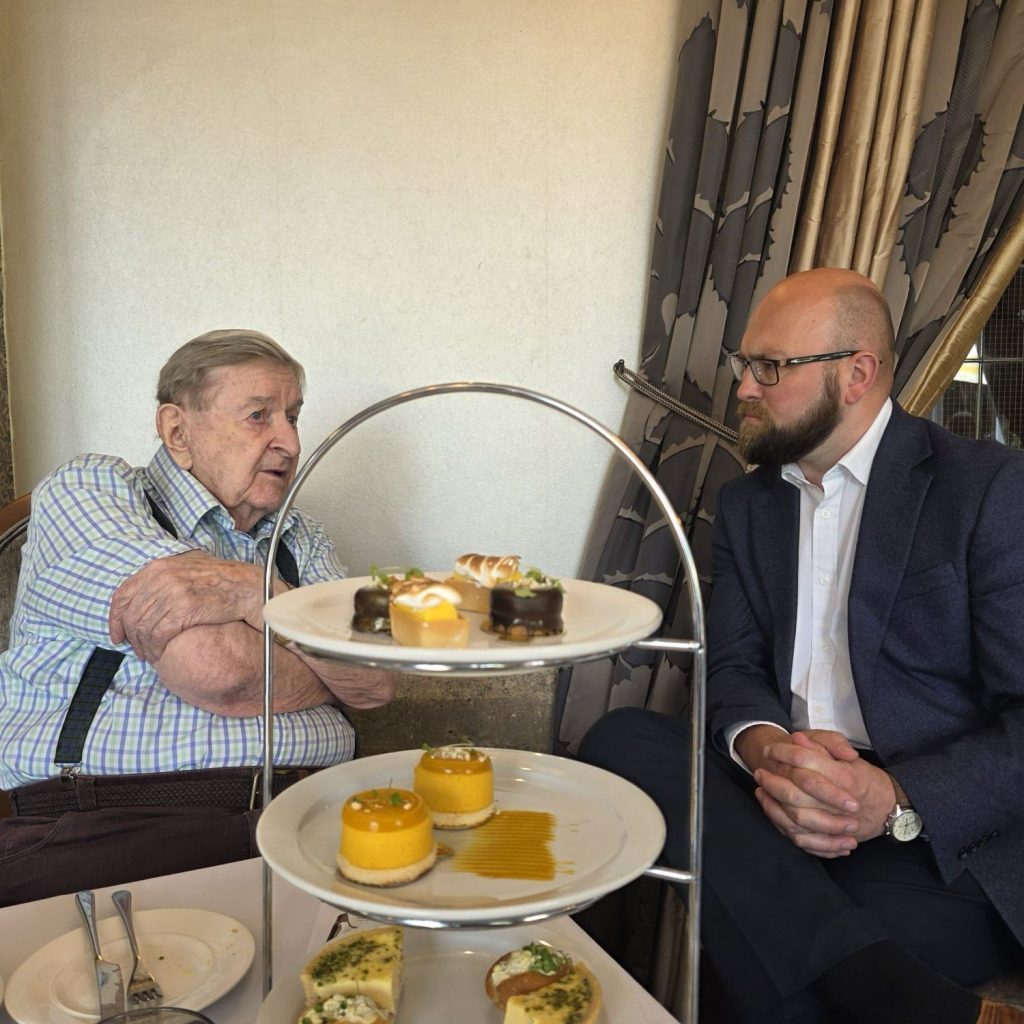
Do you ever feel like you’re spinning your wheels, working hard but not seeing the breakthrough results you’re after? You’re not alone. Whether you’re leading a team, building a business, or simply trying to level up in your career, there’s often a disconnect between effort and outcome that leaves us all scratching our heads.
Over my decades of helping managers and executives transform across four continents, I feel I’ve cracked the code on what truly drives performance.
My approach isn’t born from theory, it comes from real results gained in the workplace, including one remarkable case study where I helped a struggling sales team increase their revenue by 24% using one simple formula. I recently shared this formula during a podcast interview with Angela De Souza last week, and the response was so positive that I wanted to dive deeper into how you can apply it in your own life and work.
My approach isn’t born from theory, it comes from real results gained in the workplace, including one remarkable case study where I helped a struggling sales team increase their revenue by 24% using one simple formula. I recently shared this formula during a podcast interview with Angela De Souza last week, and the response was so positive that I wanted to dive deeper into how you can apply it in your own life and work.
My breakthrough insight is simple:
•Motivation × Skills = Performance (M × S = P)
Let me break this down for you:
M stands for Motivation: This is your inner drive, enthusiasm, and willingness to show up fully. But here’s what I know that many miss, your motivation isn’t a constant. As I often tell my clients, we all experience ‘dippy bits and the dark places.’ Understanding this fluctuation is key to managing it.
S stands for Skills: These are your abilities, knowledge, and competencies. The good news? Skills can always be developed, no matter where you’re starting from.
P stands for Performance: This is your results, the tangible outcome of combining motivation with capability.
The magic happens in the multiplication. Imagine you’re highly motivated, an 8 out of 10, but your skills are only at a 2. Your performance score? Just 16%. That’s the harsh reality of enthusiasm without expertise. Conversely, extensive skills mean little without the drive to use them effectively.
This isn’t just theory, it’s mathematics applied to human potential.
Let me share a case study that perfectly illustrates this formula in action. I worked with a sales team whose collective performance score initially sat at a modest 48, and they were struggling to hit their targets.
The breakthrough came from addressing both sides of the equation simultaneously.
On the motivation front, I discovered something interesting. Some team members were struggling with concentration due to office noise, but their manager dismissed headsets as unnecessary. It seems small, doesn’t it? But for those affected team members, this simple environmental stressor was sapping their energy and focus daily. They were arriving at work already defeated by their surroundings.
By addressing this seemingly minor issue, allowing team members who needed them to use headphones, I helped remove a key demotivator. Sometimes the biggest performance barriers are the smallest obstacles we’ve learnt to accept as ‘just the way things are.’
Simultaneously, we worked on developing their skills, building both capability and confidence through targeted training. The team began to see themselves differently, not just as people making calls, but as skilled professionals solving problems for their clients.
The combined approach worked brilliantly: their group performance score jumped from 48 to 64.
The bottom line? Sales increased by an impressive 24%.
This result proves my fundamental insight: ‘What motivation we bring to anything will impact on the outcome.’
What makes my approach powerful is its simplicity and actionability. Instead of vague advice about “working harder” or “staying positive,” the M × S = P formula gives you a clear diagnostic tool.
Feeling stuck? Ask yourself these three questions:
•Is this a motivation problem? Are you dealing with energy drains, unclear purpose, or environmental barriers that are silently undermining your drive?
•Is this a skills gap? Do you need to develop new capabilities or strengthen existing ones to handle the challenges you’re facing?
•Or is it both? Often, the biggest breakthroughs come from addressing motivation and skills simultaneously, just like my sales team discovered.
The beauty of multiplication means that improving either factor amplifies your results. A small boost in motivation coupled with skill development creates exponential improvement, just like that sales team discovered.
My decades of experience transforming managers and teams across cultures and continents all point to one truth: performance isn’t mysterious. It’s the predictable result of bringing the right motivation and skills to any challenge.
So here’s my challenge to you: identify one area where you want to see better results. Apply my formula honestly. Is your motivation high but skills lacking? Invest in learning. Are you skilled but struggling with drive? Address the motivation killers and energy drains in your environment.
Remember, as my sales team proved, even modest improvements in both areas can yield remarkable results. Their 24% increase didn’t happen overnight, but it did happen systematically, one small improvement at a time.
The formula is simple, and the results speak for themselves.



